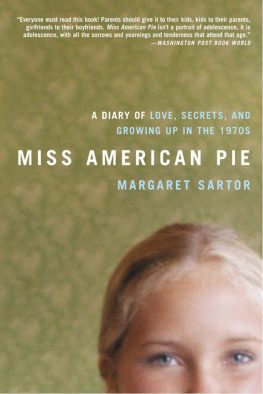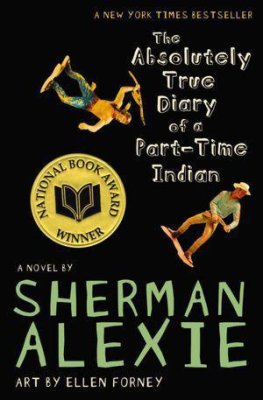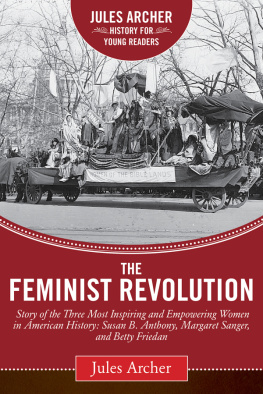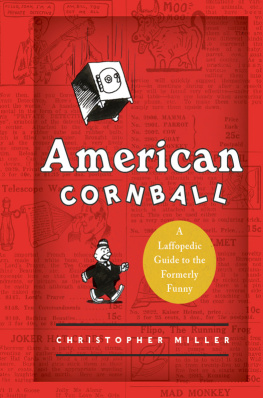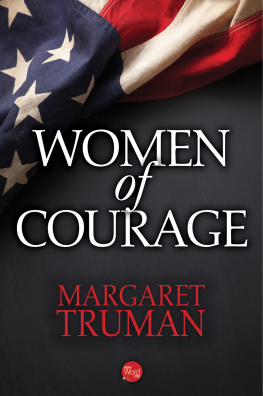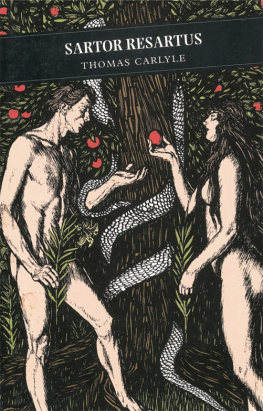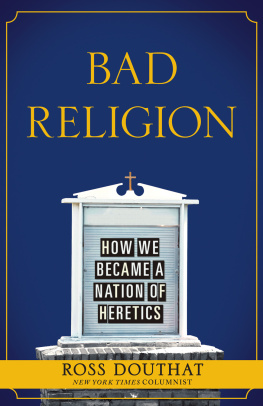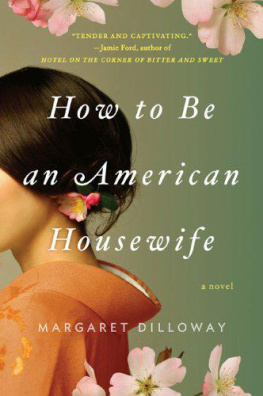Miss
American
Pie
Miss
American
Pie
A Diary of Love, Secrets, and Growing Up in the 1970s
Margaret Sartor
BLOOMSBURY
Copyright 2006 by Margaret Sartor
All rights reserved. No part of this book may be used or reproduced in any mariner whatsoever without written permission from the publisher except in the case of brief quotations embodied in critical articles or reviews. For information address Bloomsbury USA, 175 Fifth Avenue, New York, NY 10010.
Published by Bloomsbury USA, New York
Distributed to the trade by Holtzbrinck Publishers
Grateful acknowledgment is extended to the following for permission to reprint copyrighted material: "American Pie," by Don McLean. 1971, renewed 1999 by Music Corporation of America, Inc. and Benny Bird Co., Inc. All rights administered by Songs of Universal, Inc./BMI. Used by Permission. All Rights Reserved. "Down to You," by Joni Mitchell. 1974, Crazy Cow Music. All rights administered by Sony/ATV Music Publishing, 8 Music Square West, Nashville, TN 37308. All Rights Reserved. Used by Permission. "On the Road to Find Out," by Cat Stevens. Copyright 1970 (Renewed) by Cat Music Limited. International Copyright Secured. All Rights Reserved. Reprinted by Permission. "Tea for the Tillerman," by Cat Stevens. Copyright 1970 (Renewed) Salafa Music. International Copyright Secured. All Rights Reserved. Reprinted by Permission. "In this Short life" from Bolts of Melody: New Poems of Emily Dickinson, edited by Mabel Loomis Todd and Millicent Todd Bingham. Copyright 1945 by the Trustees of Amherst College. Copyright renewed 1973 by Katherine Loomis and George Loomis II. Reprinted by permission of HarperCollins Publishers. The quotation from "Lines on a Young Lady's Photograph Album" by Philip Larkin is reprinted from The Less Deceived by permission of The Marvell Press, England and Australia.
All papers used by Bloomsbury USA are natural, recyclable products made from wood grown in well-managed forests. The manufacturing processes conform to the environmental regulations of the country of origin.
THE LIBRARY OF CONGRESS HAS CATALOGED THE HARDCOVER EDITION AS FOLLOWS:
Sartor, Margaret.
Miss American pie : a diary of love, secrets, and growing up in the 1970s / Margaret Sartor.1st U.S. ed.
p. cm.
1. Sartor, MargaretChildhood and youth. 2- Sartor, MargaretDiaries. 3. Teenage girls LouisianaMontgomeryDiaries. 4. AdolescenceLouisianaMontgomery. I. Title.
HQ798.S242006
305.235'20976309047dc22
2005030965
First published in the United States by Bloomsbury in 2006
This paperback edition published 2007
eISBN: 978-1-59691-900-6
10 9 8 7 6 5 4 3 2 1
Typeset by Westchester Book Group
Printed in the United States of America by Quebecor World Fairfield
This book is for Alex.
Everyone knows why.
All that is included here is based on the diaries, notebooks, and letters I wrote as a girl. Names have been changed to protect the privacy of others, and some sequences and details of events have been rearranged, not in an attempt to obscure the facts, but to better reveal them. Throughout the process of working on this book, the assistance and support of my family and friends has been crucial, and without their trust it would not have been possible.
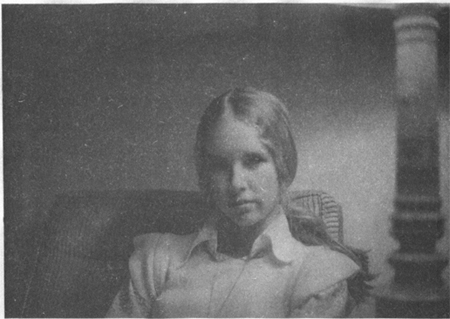
The obvious is the very last thing we see.
Wright Morns
Content
M ONROE, LOUISIANA, isn't a very small town, but it's small enough. In the 1970s, the divorce rate in my hometown was nearly nonexistent, church attendance was roughly 100 percent, and the rules of proper behavior were generally agreed upon, if often ignored. You could be a licensed driver at fifteen and order a double bourbon at eighteen, which meant that we were driving at fourteen and anyone who looked eighteen could buy liquor at 7-Eleven. We purchased cigarettes from vending machines, rode bikes without helmets, and thought seat belts and sunscreen were for wimps. Marijuana was available, but still uncommon. Sex was available, common, and never discussed openly between polite parents and their children. Monroe wasn't a backwater, but it wasn't progressive either. On the whole, I would say my hometown was entirely typical of its time and place, more confused than reactionary, a sort of stronghold of befuddlement.
I grew up on a boulevard lined with live oaks that were ancient and dramatically canopied over the beginning of the road, but dwindled to saplings no taller than my father toward the recently paved end where we lived. Our house was a ramblingly comfortable orangey-red brick ranch in a growing development of one-acre lots carved out of a pre-Civil War cotton plantation along the banks of the Ouachita River. In more ways than one, Monroe and the economy of northeastern Louisiana were built on the black soil of the merging floodplains of the Mississippi and Ouachita rivers, and my childhood home was less than a football field's length from the lesser river's edge. Barges and boats traveled the Ouachita River from Arkansas to the Gulf of Mexico, and water moccasins and alligator gar bred in the shadows of the cypress tree roots along its edge. The river's age and length were unimaginable to me and its depth swelled and shrank according to factors outside my grasp. Inseparable from the Ouachita, then as now, was the levee that snaked beside it like a miniature Great Wall of China, a man-made construction defying scale and logic, stretching, as far as I could tell, forever in both directions. Growing up, I felt I owned them both, or more precisely, I felt that since no one else owned them, the levee and river were always there for me. This is what I think of when I picture my past: the walk out my back door across the brick patio, past the overgrown azaleas and the tall metal swing set, up to the top of the levee and then down into a narrow swath of woods that led to a rise on the riverbank. I liked to sit there and write and watch the last light of day glare and glisten like fool's gold over the fast-moving muddy waters.
In my teenage years, my immediate familymy parents, me, two older sisters, and a younger brotherwas stable but less than uniform, a complicated arrangement held together by habit and stubbornness as well as love. My father, a physician, was intelligent, capable, generous, and kind, but he was not a modern man; he did not discuss his feelings. The rare times Daddy demonstrated strong emotions of any variety are memorable. He never panicked, but under certain circumstances, he lost his temper. I could walk in the back door covered in mud and cradling a broken arm and my father would remain calm, but a boyfriend arriving on a motorcycle would bring his blood to a quick boil. Maybe there was a time in my father's life when he lacked certainty, wasn't comfortable with life-and-death decisions, but I can't imagine it. He was the eldest of three sons, raised on a cotton farm during the Great Depression by a widowed mother who taught elementary school five days a week and Bible study on Sundays. Daddy and his brothers all attended college and medical school on loans and scholarships, then returned to serve the same population in the same hospital and local clinics. To distinguish them from one another, patients and nurses called them by their first names. My father was Dr. Tom.
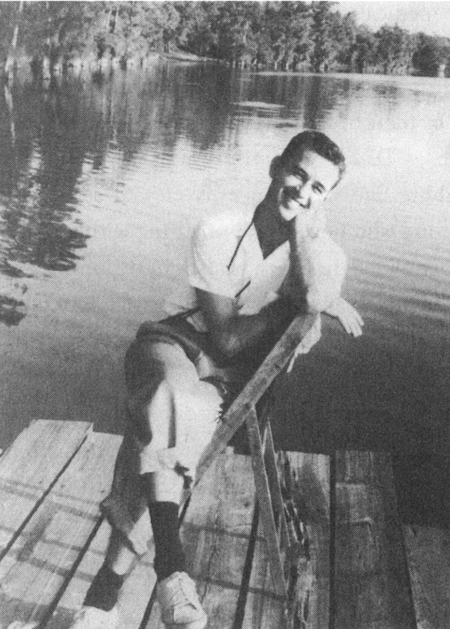
Dr. Tom Sartor
As much as Daddy was an exemplar of solid citizenry, my mother, Bobbie Sue, was generally viewed as eccentric, a free spirit: someone who never wore anything with a floral motif and always did her own hair. She was also, in the opinion of everyone but herself, drop-dead gorgeous, always at her most beautiful when she made the least effort, which was most of the time. Though she stayed home, I have trouble thinking of my mother as a homemaker. Mama was a decade younger than Daddy, unabashedly volatile, and she could draw and paint with near photographic accuracy. Even then I sensed that being a housewife and mother were roles with inherent limitations that did not naturally suit her. It was her studio, a locked room near the back door of the house, that nurtured her best self. By the time I was a teenager, I finally caught on that at least half the time, Mama only pretended to leave the house so she could crawl back in her studio window to paint undisturbed. My mother was well known for her antics and tricky practicality. She was funny and frank and whistled with her fingers in her mouth, the kind of woman adolescent boys fantasized their girlfriends would grow up to be. For me as a teenage girl, this was both fabulous and often fabulously painful.
Next page
